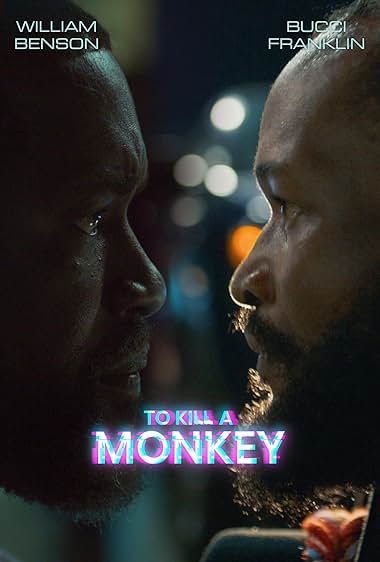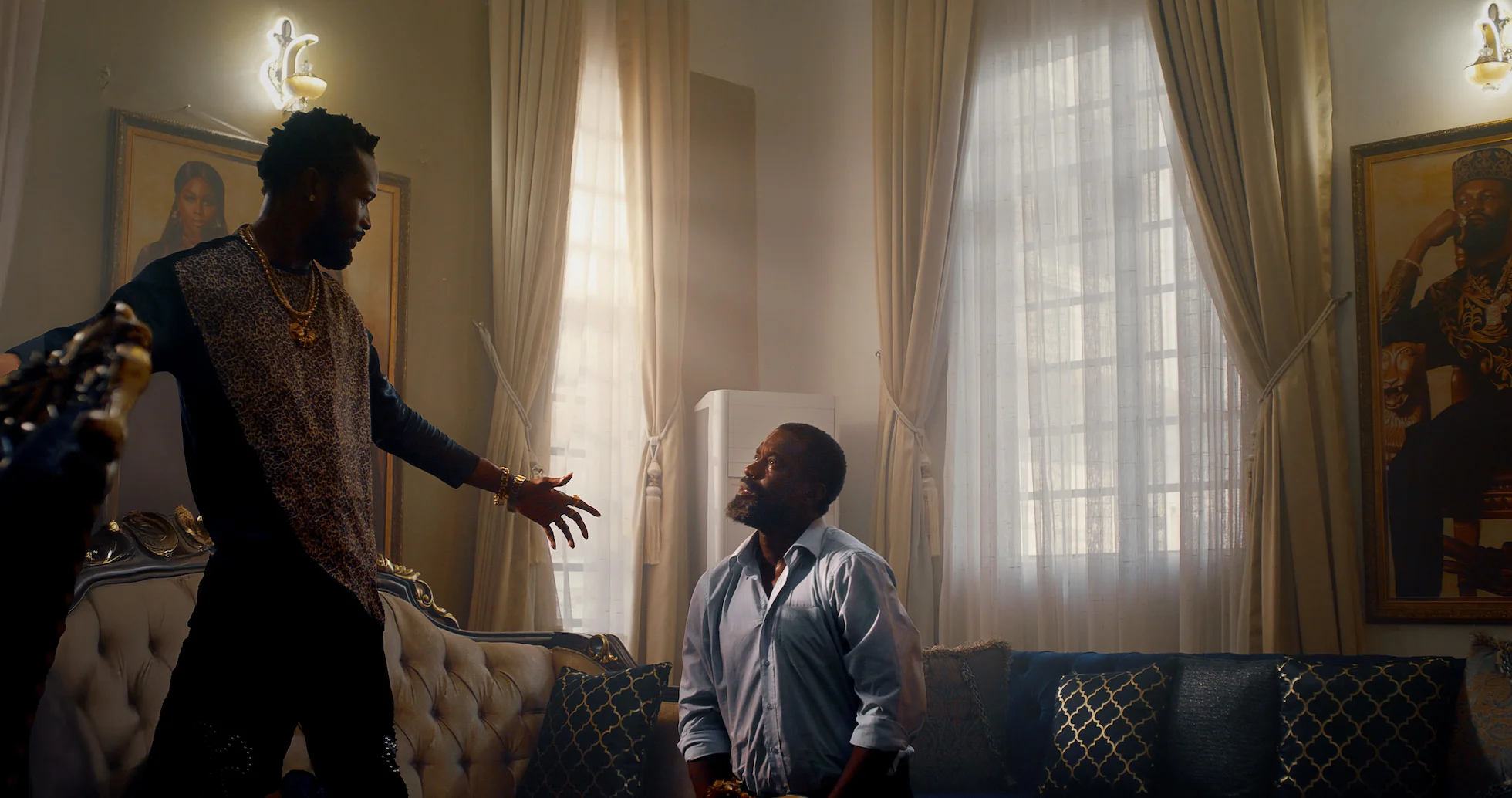In her latest Netflix offering, “To Kill a Monkey,” visionary director Kemi Adetiba dives deep into the murky waters of desperation and cybercrime. The eight-episode Nollywood series, a pulsating crime thriller, follows the story of Efemini “Efe” Edewor (played with raw emotion by William Benson), a first-class graduate who finds himself drowning in poverty despite his academic brilliance. When he reconnects with an old university acquaintance, the charismatic and brazen cyber-fraud kingpin Oboz (a magnetic performance by Bucci Franklin), Efe is pulled into a dangerous underworld. The series meticulously chronicles his descent into moral ambiguity as he tries to outrun the consequences of his choices, all while a haunted police inspector, Mo Ogunlesi (Bimbo Akintola), closes in.
Adetiba, known for her cinematic universe in King of Boys, brings a distinct visual style to this series. The cinematography features a muted color palette that darkens as Efe’s world crumbles, effectively mirroring his inner turmoil. The sound design is a critical component, with an often-haunting score that seeps into the mind, building tension and reflecting the characters’ psychological states. However, some critics have pointed out that at times, the use of music can feel intrusive, overshadowing key scenes.
The series is built on the strength of its central performances. William Benson delivers a heartbreaking portrayal of a man pushed to the brink, his physical and emotional descent both believable and painful to watch. He’s expertly contrasted by Bucci Franklin, whose portrayal of Oboz is both lyrical and menacing. The chemistry between the two actors is the true emotional engine of the show. The supporting cast, including Stella Damasus as Efe’s wife and Bimbo Akintola as the determined inspector, also deliver powerful performances that add significant depth to the story.
“To Kill a Monkey” isn’t a simple popcorn thriller. It’s a complex and layered social commentary that explores universal themes like moral compromise, class disparity, betrayal, and justice. The title itself is a metaphor for killing one’s humanity or empathy in the face of immense pressure. While the series is praised for its bold storytelling and unflinching look at societal realities, some critics have noted that the narrative can feel disjointed or “overwrought,” with too many subplots and a rushed ending that doesn’t fully resolve all the threads. Despite these critiques, the show’s thought-provoking themes and stunning performances make it a compelling and important watch.
For viewers who appreciate gritty, character-driven dramas and a film that holds up a mirror to complex social issues, “To Kill a Monkey” is a powerful and unforgettable experience that sets a new benchmark for Nigerian prestige television. It’s a series that respects the intelligence of its audience and proves that local stories, when told with authenticity and vision, can thrive on a global platform.





